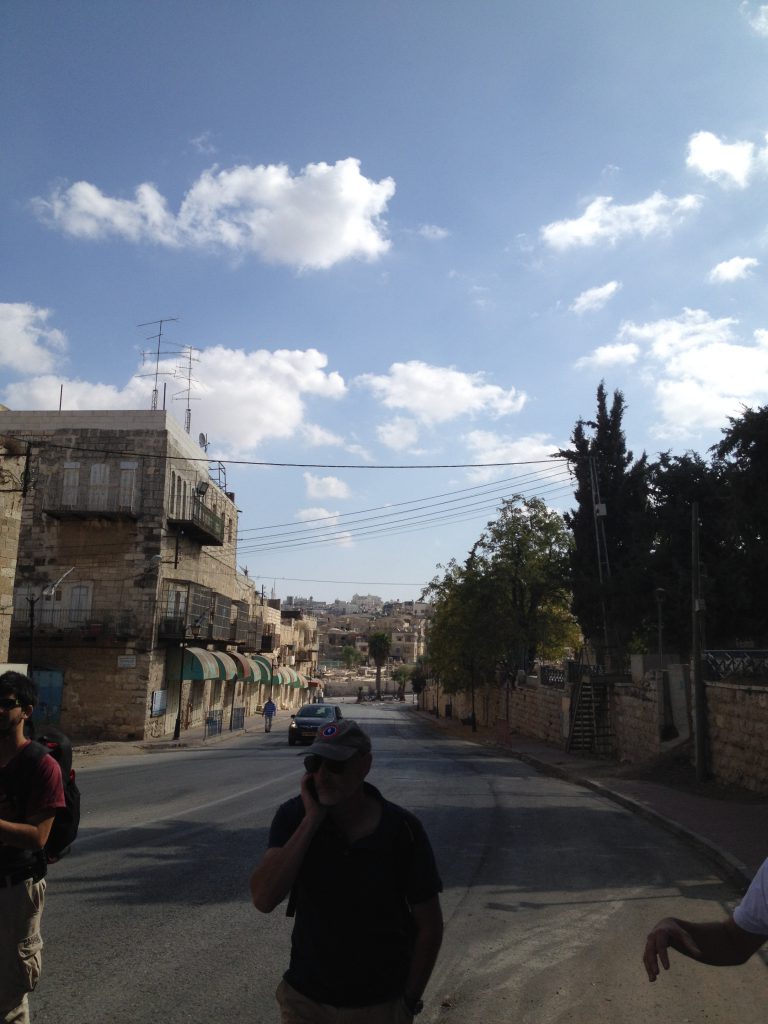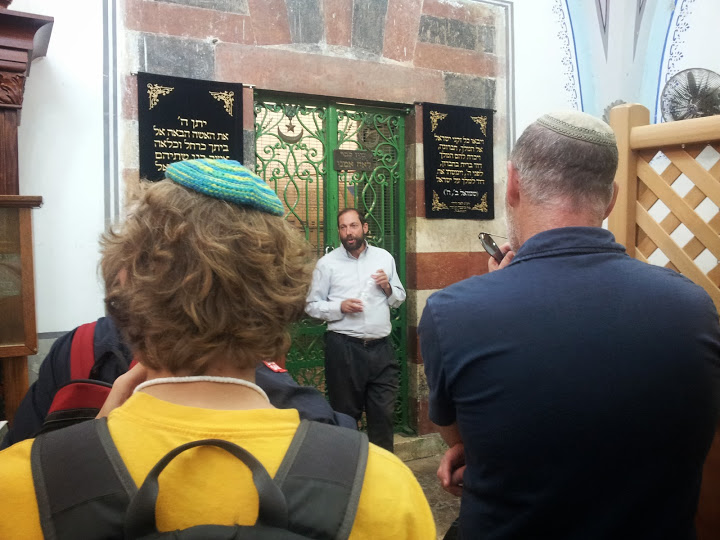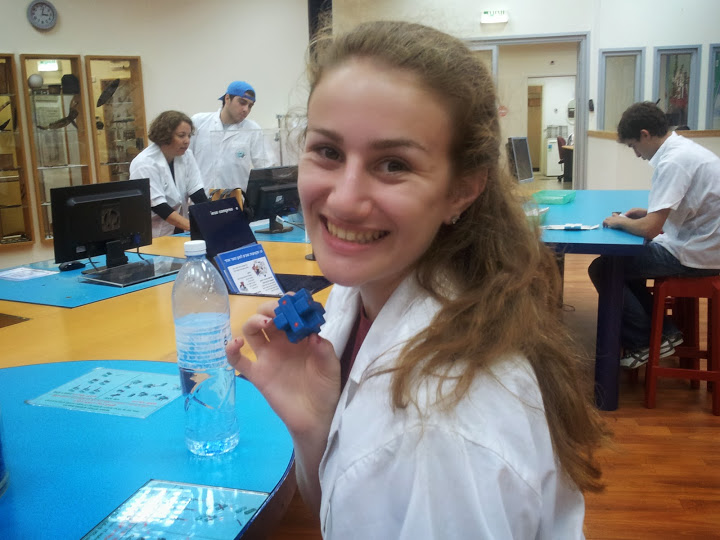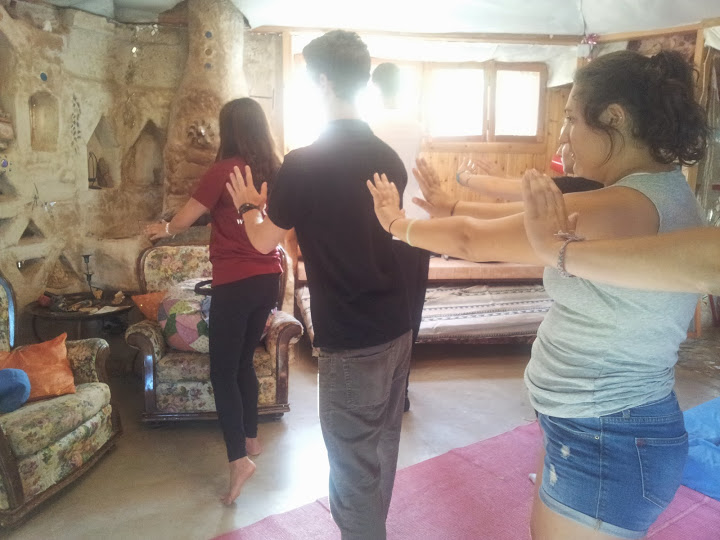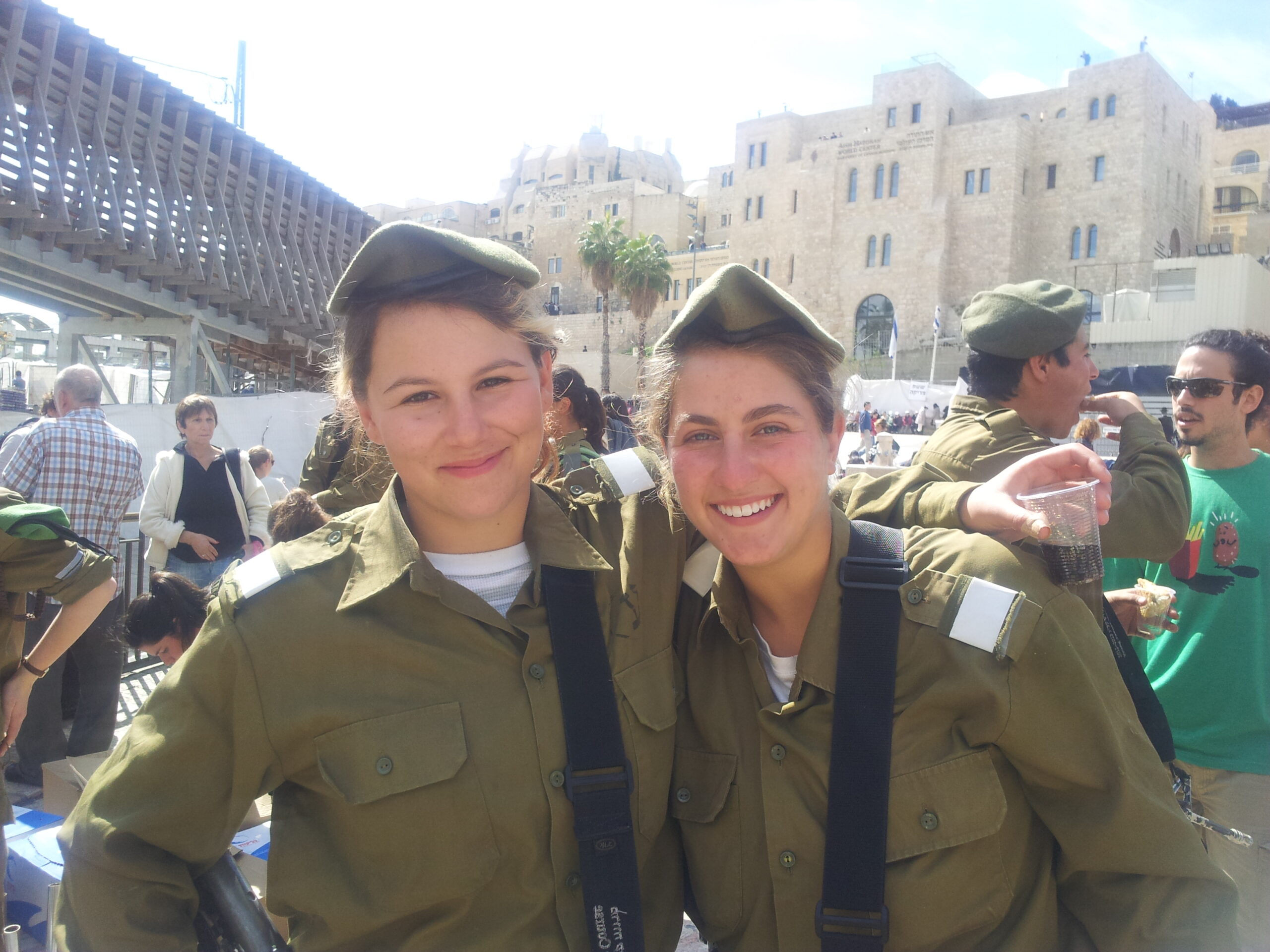With another year coming to an end, the incredible stories about our chanichim’s experiences are in no short supply. Here is a great piece written by Adi Genosar about her volunteer placement, Magen David Adom (Israel’s Red Cross).
Never in my wildest dreams did I imagine doing the things I’ve done in the past two months. My name is Adi Genosar, and I am a 19-year-old Israeli, who lives in Atlanta, Georgia. I am currently in Israel on a gap year Masa program called Young Judaea Year Course. On Year Course, I was afforded the opportunity to volunteer with Magen David Adom for a short period. MDA was never something I saw myself being able to do. I knew I wanted to be a part of something bigger than me, bigger than anything I have ever been involved in, something worthy of not just me but others around me. That something is undoubtedly the MDA Overseas Volunteer Program. After taking the 60 hour course and starting to volunteer daily at the Rishon L’Tziyon station, I fell in love! The experiences and friendships I’ve made have left an everlasting impact on my life and changed me as a person. This one case still keeps me thinking
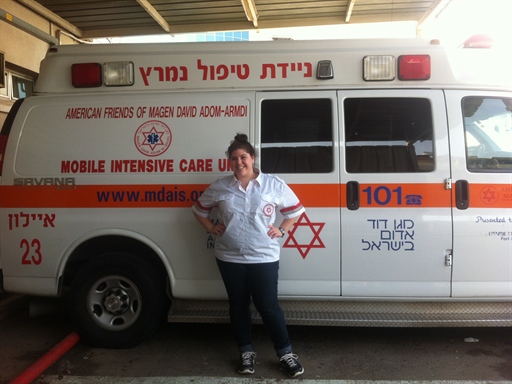
It was just another normal morning shift. I had already had one or two calls and now I was just hanging out at the station watching a movie. “34 Nesiyah (call for ambulance 34),” the moked (dispatch) announced over the loud speaker. I quickly grabbed my stuff and headed to the ambulance. As soon as I was in my seat and buckled, we heard what our call was, and my adrenaline was pumping. “Mechusar hakara (unconscious and not breathing) 65 year old woman…” This was it! This was the moment they talked about during our MDA training where you need to be prepared for what’s coming. I grabbed two pairs of gloves and stuffed one in my pocket and put the other pair on. I prepared the equipment to come off the ambulance as quickly as possible. As we zoomed down the streets in Rishon L’Tziyon with the sirens screeching, my driver, knowing this would be my first CPR, started calmly explaining the procedure. I took a deep breath as we parked, and then it was time to go.
With everything in hand we headed up the elevator to the 3rd floor, ready. Or so we thought. The minute we got there we saw the door wide open and a woman doing compressions on a young man on the floor. We quickly assessed the new situation and quickly started. I remember my driver looking at me directly in the eyes and saying to “start compressions” while my tzevet (team) got the rest of the equipment out. I panicked slightly as I began to wonder if I knew what I was actually doing. All I remember thinking was “1…2…3…4…” and staring into this kid’s wide-open teary eyes as I tried saving his life. Time started flying and within a matter of minutes a MICU (Mobile Intensive Care Unit) arrived at the door, medications at hand and ready to help us. It was nearly impossible to handle such a serious case with a normal ambulance. They too assessed the situation while I continued compressions. I switched off with someone in their team, and we each continued doing rounds, giving him breaths, shocks and medicine for over an hour and forty-five minutes.
Sadly, we eventually concluded that nothing remained for us to do for him. We had to just let go, move out of the way, and let the paramedics take care of the rest. It was really difficult, and I have to say the hardest part was looking into his eyes, wanting him to wake up, knowing that he was just a nineteen year-old boy, someone the same age as me. It’s crazy to think about it. However, I had to put my feelings aside and continue helping out. I was told to clean the equipment and CPR area and organize it all in the ambulances. As I grabbed the equipment, I saw them cover the kid with a simple blanket which had been lying next to us on the floor. They took the family into a different room while I organized the gear and returned it to the ambulance, just as if it were any other call, and waited for the rest of the team to return.
Once everyone had left the apartment, we were left waiting for a different organization to come to take care of the body. The driver arranged a sort of huddle. He told us what was happening at the moment, that we had done well, and explained the overall situation. Before he ended the talk, he pointed out to everyone, that although this was my first CPR, I worked as part of the team and did the best compressions of the day. I couldn’t believe that he had given me such a huge compliment. The last time I performed CPR, I was pressing into the chest of a dummy!
I remember taking a deep breath and thinking to myself, “Wow, I’ve actually done it!” The situation left me rather dumbfounded. I wasn’t precisely sad. Although someone had just died, I knew that my whole team had my back, and I knew that I really had done everything I could do. I really surprised myself! I never thought I could ever do something like that in real life!
MDA has really taught me to appreciate life. It showed me how to be a part of a team, how to be a leader, and most importantly how valuable a person can be…including me!

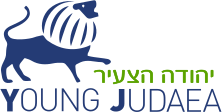
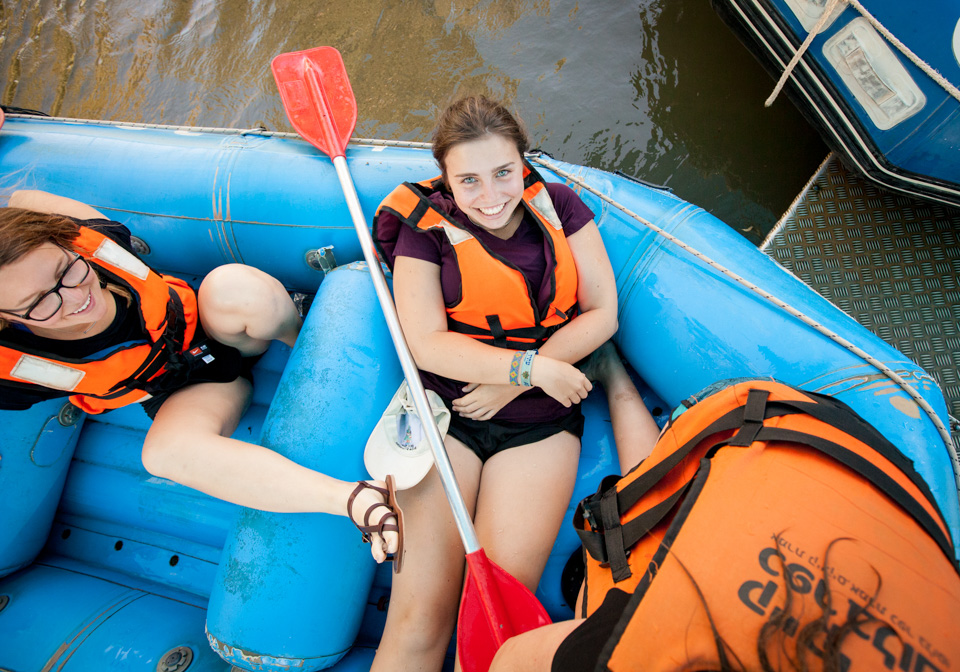
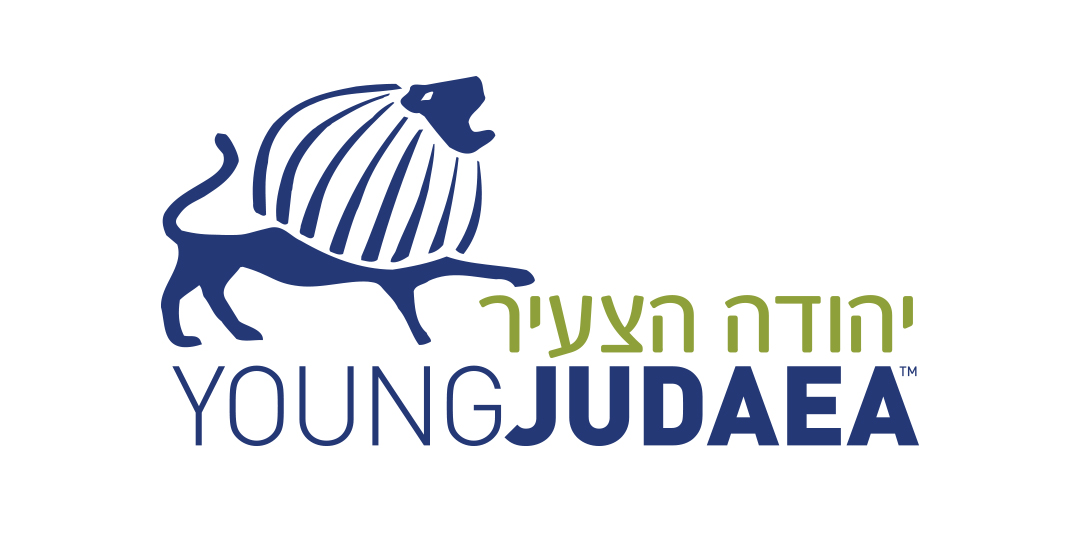
 Last night (November 26th) at 11:45 pm, I was out with some friends when I heard the song “Oof Gozal” being sung by some people out on the streets. Memories of camp and year round activities washed over me. I was confused as to why people would be singing the song until I got home and saw the news on the Internet.
Last night (November 26th) at 11:45 pm, I was out with some friends when I heard the song “Oof Gozal” being sung by some people out on the streets. Memories of camp and year round activities washed over me. I was confused as to why people would be singing the song until I got home and saw the news on the Internet. some tears because Arik Einstein was more than a celebrity. Arik was a thoughtful, modest, talented musician who greatly influenced my friends and me. It will be different singing his songs in the future; it is no longer singing with him about his dreams, it will now be singing in his memory trying harder than ever to make his dreams a reality.
some tears because Arik Einstein was more than a celebrity. Arik was a thoughtful, modest, talented musician who greatly influenced my friends and me. It will be different singing his songs in the future; it is no longer singing with him about his dreams, it will now be singing in his memory trying harder than ever to make his dreams a reality.